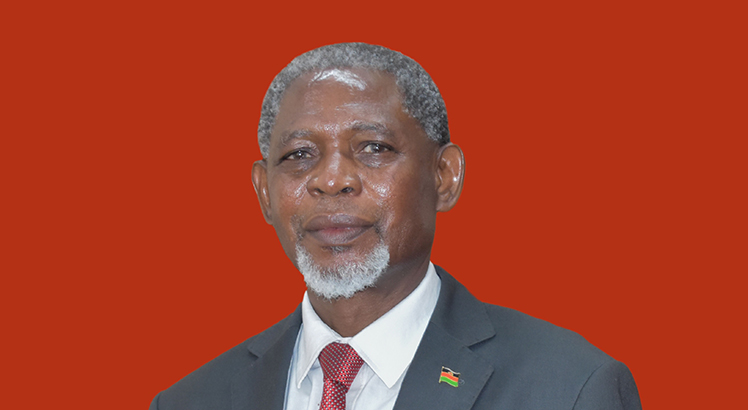Financial Crimes Court Bill ready, says minister
Ministry of Justice says it has concluded working on a Bill aimed at amending the Courts Act to create an Economic and Financial Crimes Court to accelerate disposal of cases.
In an interview last Thursday, Minister of Justice Titus Mvalo said the delays in concluding such cases was worrisome, especially that the cases are on the rise.

for approval within two weeks
He said: “So, we have a proposed amendment to the Court Act to create a new court called Economic and Financial Crimes Court. This court will be part of the High Court, a division just like the commercial, or revenue divisions. However, this will have judges specifically assigned to deal only with matters of crime of this nature that include corruption.”
Mvalo said the Bill will be taken to full Cabinet for approval within two weeks, readying it for the July to August Parliament meeting for tabling.
“If Cabinet approves, it will be published in a gazette and presented to the National Assembly when Parliament starts sitting from 18th July,” he said.
However, he admitted that delays in concluding financial crimes cases have been due to having the same court also trying other corruption cases, creating so much work for judges.
Mvalo added: “There is too much workload on judges. We want to have judges that would be dealing with this and that will bring a quicker way of disposing these cases. They will have no other work, except for these cases.”
While the exact amount required to pull off the idea is still being worked out, the High Court and Supreme Court of Appeal, by 2021, cost the taxpayer K3.6 billion and K10.7 billion annually. The Commercial Division alone costs K596 million annually.
In an interview, private practice lawyer John Gift Mwakhwawa welcomed the proposal for a special court, saying judicial officers at the court will eventually attain specialisation that will enable them to deal with financial crimes effectively and timely.
He said: “You cannot take away the benefit of specialisation. There might be certainty of skill set that the court will develop overtime which, in turn, might speed up matters. You deal with the same issues over time and you become an expert and the time you take to dispose a matter.”
On his part, veteran prosecutor Kamudoni Nyasulu, while welcoming the proposal, called for an analysis of why the current court set up has not been adequate to handle financial crimes plus other criminal cases.
The Anti-Corruption Bureau (ACB), which was championing the establishment, recently said it was engaging the Judiciary to come up with an administrative arrangement as they await set up of the special court.
As of October 2020, ACB was investigating 71 cases of suspected fraud and corruption with a collective monetary value of K1.2 trillion.
An ACB annual report shows that corruption cases have significantly gone up, nearing figures recorded between 2012 and 2013 during Cashgate, the highest ever recorded in the last 12 years.
During the plunder of public resources involving public officers and the private sector otherwise known as Cashgate exposed in September 2013, ACB recorded 1 565 complaints out of which 587 cases were recommended for investigation within a year.





